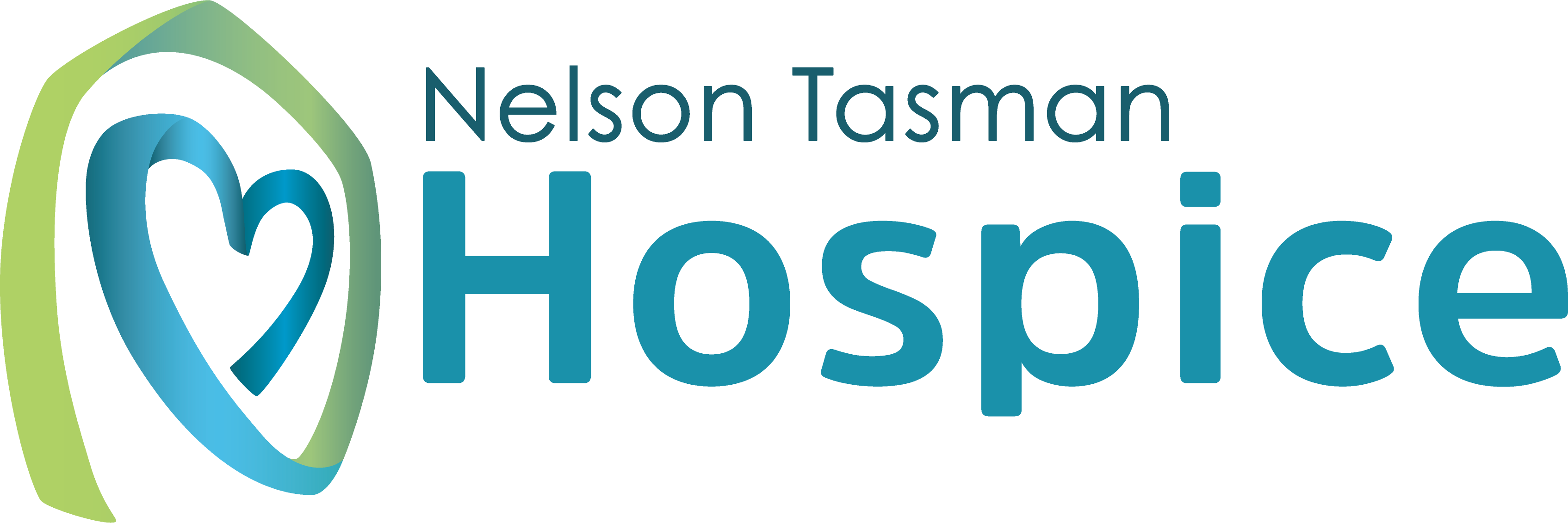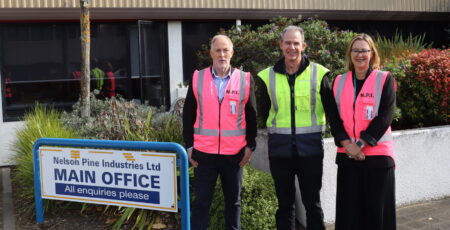The final fundraising total is in — and it’s nothing short of extraordinary. At a…
Health Service Reforms

The aspiration of the reforms is not difficult to agree with, who wouldn’t want to see equity creating true fairness for greater access, greater service delivery and improved outcomes as a goal, to achieve pae ora (healthy futures) for all New Zealanders
So where in this reformed world does specialist palliative care appear, well the truth is, it doesn’t – or if it does it presently receives only a passing mention. Along with previous Government strategies for health that reference ‘living well, staying well, getting well” there is nothing about ‘dying well’. ‘Does this matter?’ well my first 12 months as Chief Executive of Nelson Tasman Hospice has taught me that yes it does matter and to dismiss ‘dying’ from our thinking, is not only a societal mistake, its a very significant health reform/funding mistake.
NZ’s 32 Hospices look after some 20,000 patients a year, that’s about 30% of dying New Zealanders. In 2021 running costs for Hospices were circa $176 million of which approximately $88 million came from the government, that’s approximately 0.5% of the total health budget. What’s most concerning is that we know nationally some 15 – 20% of Kiwi’s who should be supported at this most vulnerable time in life’s journey, are just not receiving the specialist palliative care that they need.
Translate all this into Nelson Tasman Hospice and it equates to 240 patients and their whanau per month receiving specialist palliative care services via inpatient, community/outpatient services, provided through highly trained medical, nursing, social work, counselling, physiotherapy, bereavement and equipment support, colleagues, delivered on government funding of circa $3.5 million, a shortfall of over $3 million per year (and growing), leaving an eye-watering $9000 a day to be raised by the hospice, just to keep existing services available and not even touching the sides of our need to increase rural services, Iwi-whānau care and create better navigation for access to services. Right now it just feels that despite pae ora being the aspiration, dying well is not a priority.
Time will tell what the impact of this work will be, but we encourage you to listen out for these discussions, and to participate in them, as any changes to hospice services will very likely affect you, your loved ones, whānau, the colleagues you employ and your wider community.
Tony Gray, Nelson Tasman Hospice, Te Tumu Whakarae – Chief Executive




The Richmond Lions Club have a Trust meeting coming up and will be supporting the Nelson Tasman Hospice.
Is there any particular area we can donate too ?
Cheers
John Harwood QSM
Trustee Chair